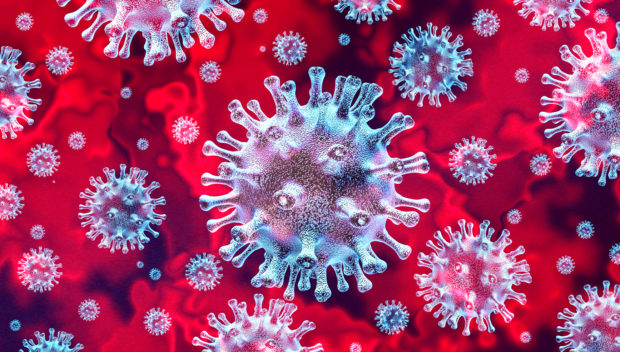
The response to the coronavirus outbreak is harming ethnic minorities and migrants, health experts have warned.
The severity of Covid-19 and the risk of poor health related to the policies and actions responding to the pandemic are all increased in minority groups, according to the researchers.
Writing in the Journal of the Royal Society of Medicine, they say many migrant groups, especially those without documents, are less likely to seek help, or may seek help later once the disease has progressed.
Lead author Dr Delan Devakumar, of the Institute for Global Health at University College London, said: “Black, Asian and minority ethnic and migrant groups have a greater risk of contracting Covid-19 infection, as they are more likely to live in poor and overcrowded accommodation and do precarious forms of work or work in the gig economy.
“They are also more likely to get a severe form of the infection.”
The authors say that for many people from black, Asian and minority ethnic and migrant groups, stopping work is not just an inconvenience, it is impossible.
This increases the chance of getting an infection and then it can more easily spread to family members in crowded and high-density dwellings, they add.
The authors write that the UK Government’s hostile environment policy, including barriers to accessing the health service has led to migrants avoiding healthcare.
The health experts also look forward to the economic situation arising as a result of the pandemic.
They say the poorest in society, with insecure employment and most vulnerable in terms of health, are at risk for other stress-related health problems, especially mental health issues, that increase in times of recession.
Dr Devakumar said: “Economic hardship is a fertile ground for populist movements to thrive and sadly, many world leaders have used the Covid-19 outbreak, mixing public health actions with divisive policies to further their own agendas.
“To successfully combat a pandemic, health protection measures rely on well-prepared and well-functioning health services that treat and support everyone, ensuring those most at risk are protected.
“Public health principles based around equity should be firmly at the core of the world’s response.”

Enjoy the convenience of having The Sunday Post delivered as a digital ePaper straight to your smartphone, tablet or computer.
Subscribe for only £5.49 a month and enjoy all the benefits of the printed paper as a digital replica.
Subscribe